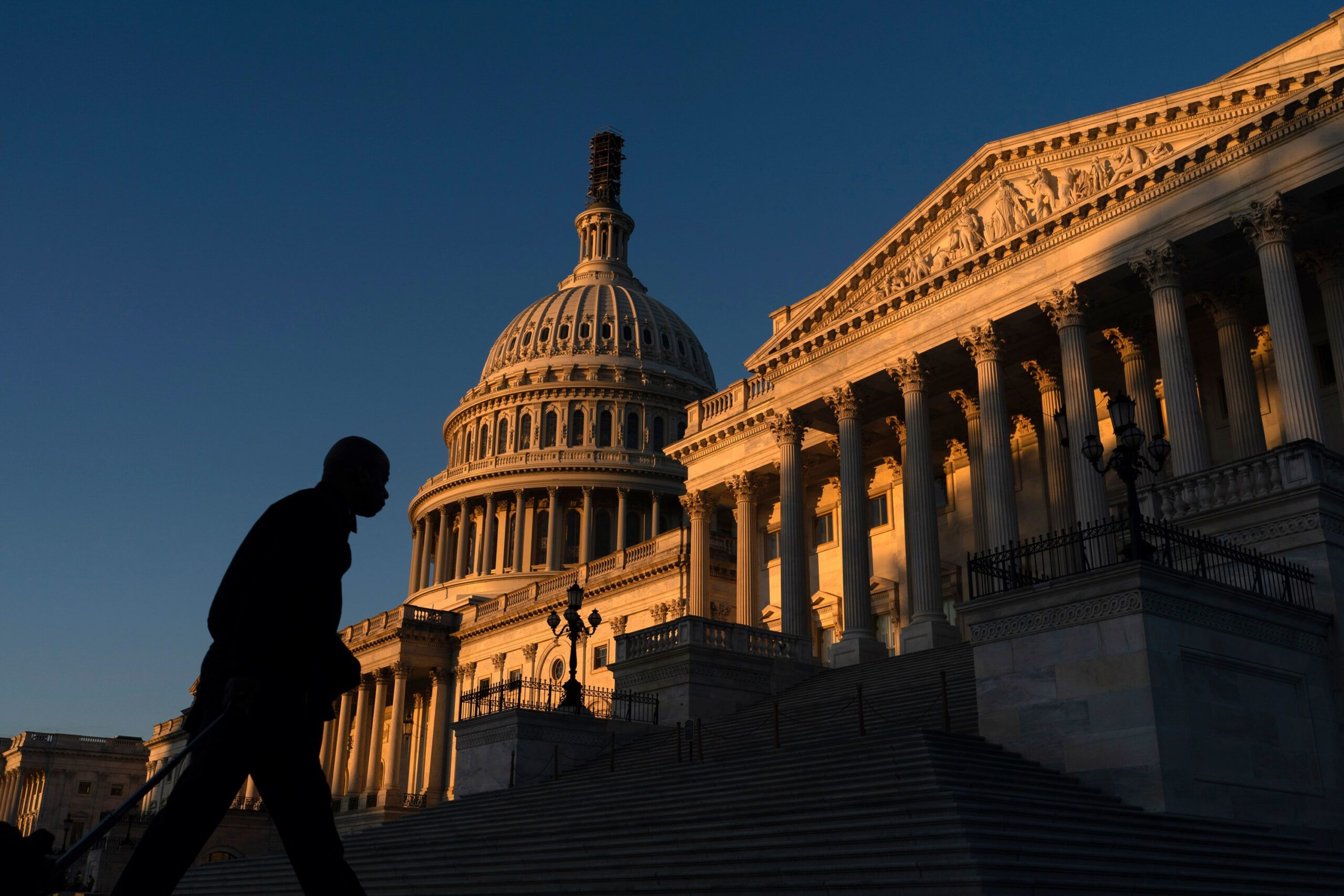Across the United States, political battles are being waged over the redrawing of congressional lines, a process that could significantly influence the balance of power in the US House of Representatives post the 2024 election. The stakes are high, with the fate of 14 to 18 House seats across nearly a dozen states potentially hinging on the outcomes of these disputes.
In North Carolina, the Republican-dominated state legislature has proposed a map that could aid them in flipping a minimum of three seats. Conversely, Democrats could potentially gain seats in Alabama, Louisiana, and New York under new lines. The Republicans currently hold a slim majority in the US House, a fact underscored by their recent tumultuous struggle to elect a new speaker.
David Wasserman, senior editor and elections analyst for The Cook Political Report with Amy Walter, emphasizes the importance of each outcome given the narrow majority. He adds that with fewer competitive districts swinging between the political parties, every line change becomes almost existential.
Several factors have contributed to the current wave of consequential and unresolved redistricting disputes. These include pandemic-related delays in completing the 2020 census, a 2019 Supreme Court ruling that returned decisions about partisan gerrymandering to state courts, and a June Supreme Court ruling that found a Republican-crafted redistricting plan in Alabama in violation of the 1965 Voting Rights Act.
Adam Kincaid, the president and executive director of the National Republican Redistricting Trust, believes it’s too early to predict which party will have the upper hand by Election Day 2024. He suggests that either party could gain or lose only about two seats over redistricting.
Here’s a state-by-state look at recent and upcoming redistricting disputes that could shape the 2024 race for control of the US House:
North Carolina
The Republican supermajority in North Carolina’s legislature has drawn new congressional lines that could significantly benefit the GOP and enhance their chances of retaining their House majority next year. The state’s current House delegation is split 7-7 between Democrats and Republicans. However, a recently approved map puts three House Democrats in districts that are almost impossible to win.
Alabama
In Alabama, a three-judge panel approved a map that creates a second congressional district with a substantial Black population. This decision, affirmed by the Supreme Court, has implications for similar court cases in Louisiana and Georgia that center on whether Republican-drawn maps improperly diluted Black political power in those states.
Louisiana
The Republican-controlled state legislature in Louisiana approved a map with a second, Black-majority district that will be in effect for this year’s elections. This move, viewed as a win for Democrats, endangers a seat now held by Republican Rep. Garret Graves.
Georgia
Georgia Republicans finalized a new congressional map last year that safeguarded their party’s dominance in state politics and dashed Democrats’ hopes of adding an additional US House seat.
New York
A new ruling by the state’s highest court could jeopardize Republican gains by potentially making it easier for Democrats to pick up as many as six GOP-held seats.
Redistricting fights over congressional maps are ongoing in several other states, but those cases might not be resolved in time to affect next year’s elections.
This story has been updated with additional information. CNN’s Ethan Cohen and Renée Rigdon contributed to this report.

